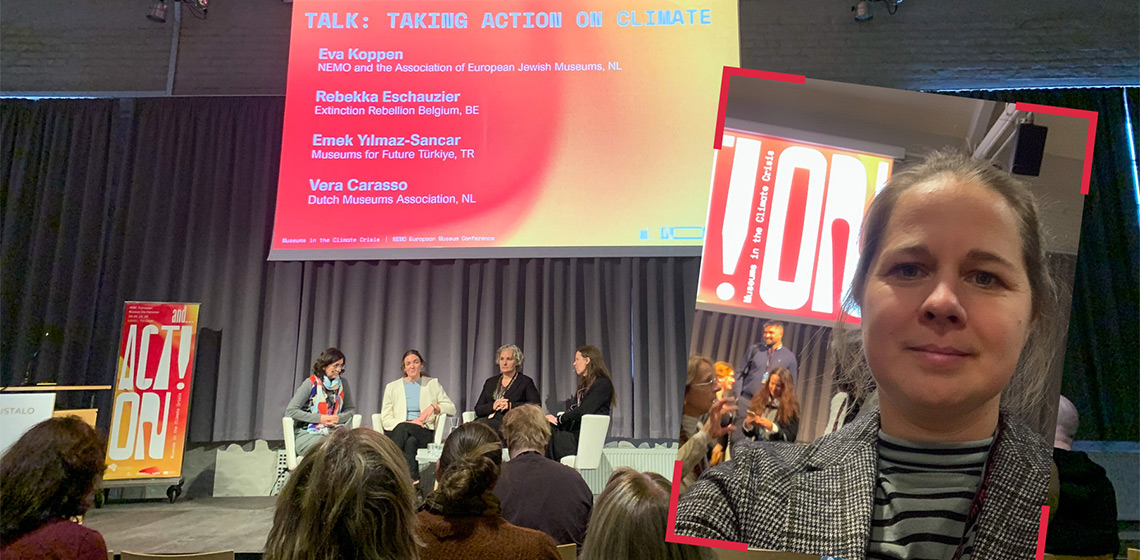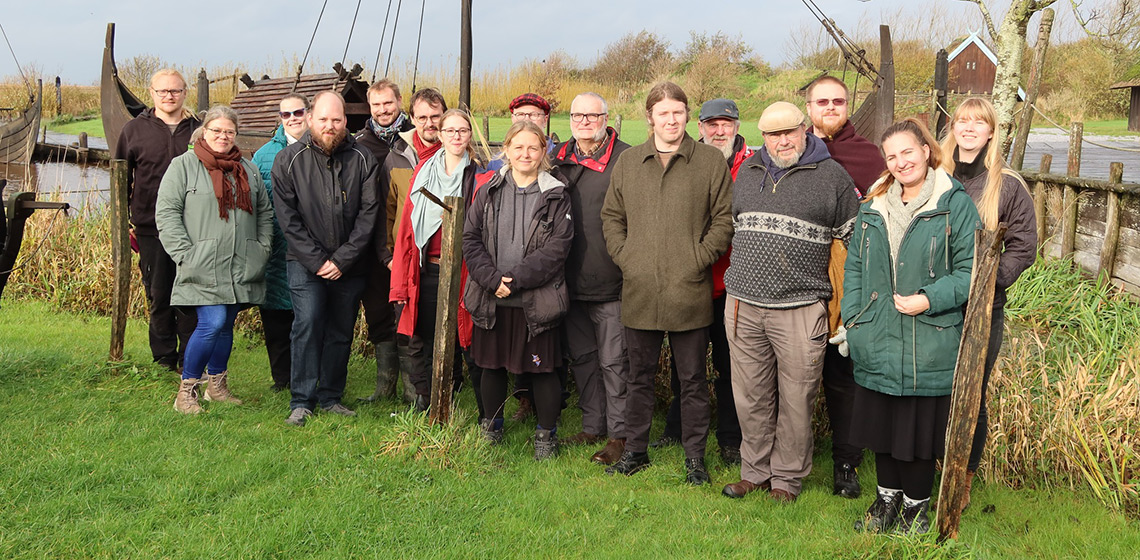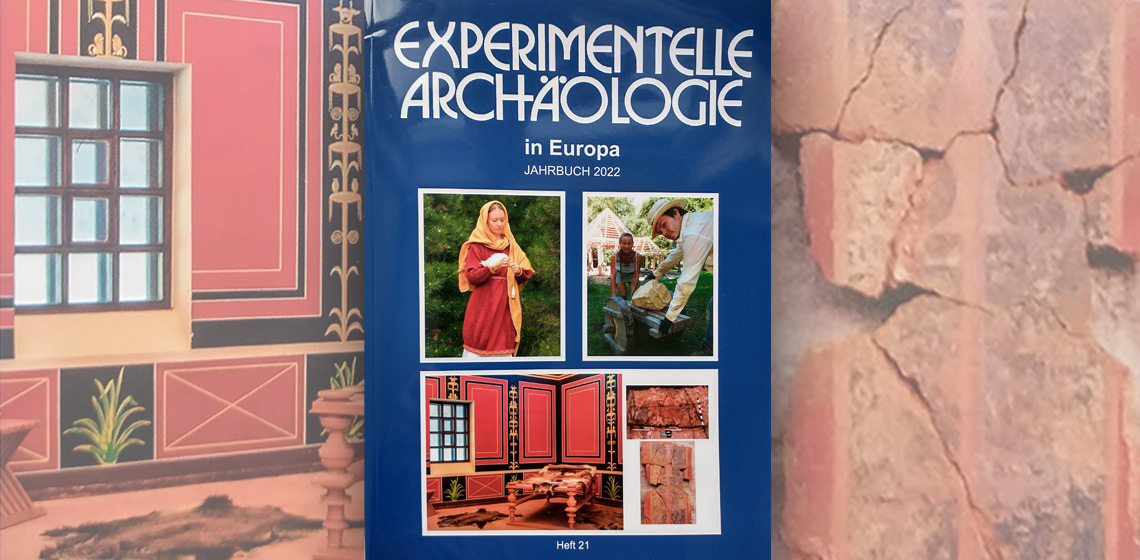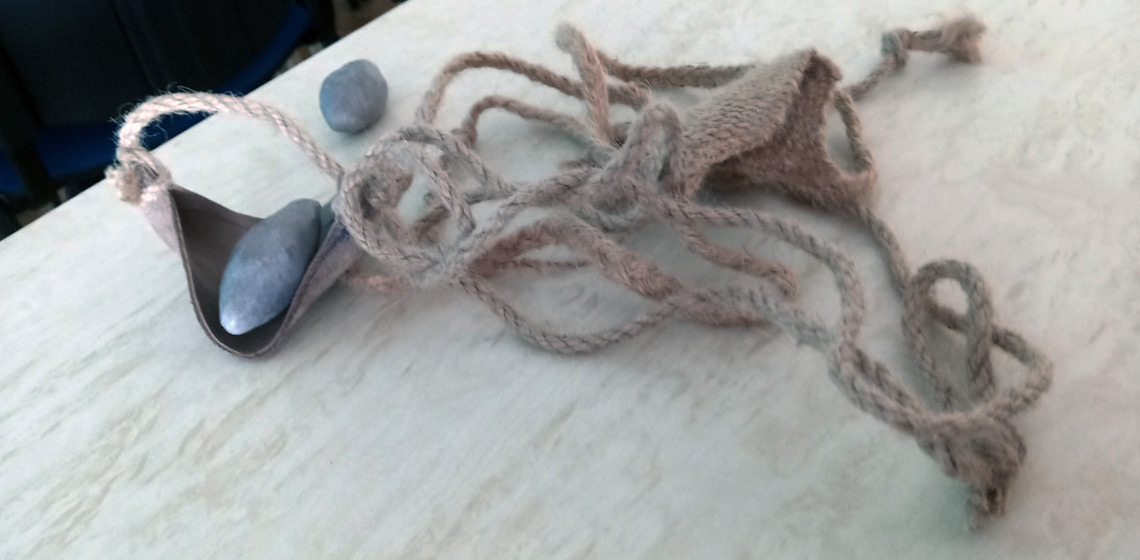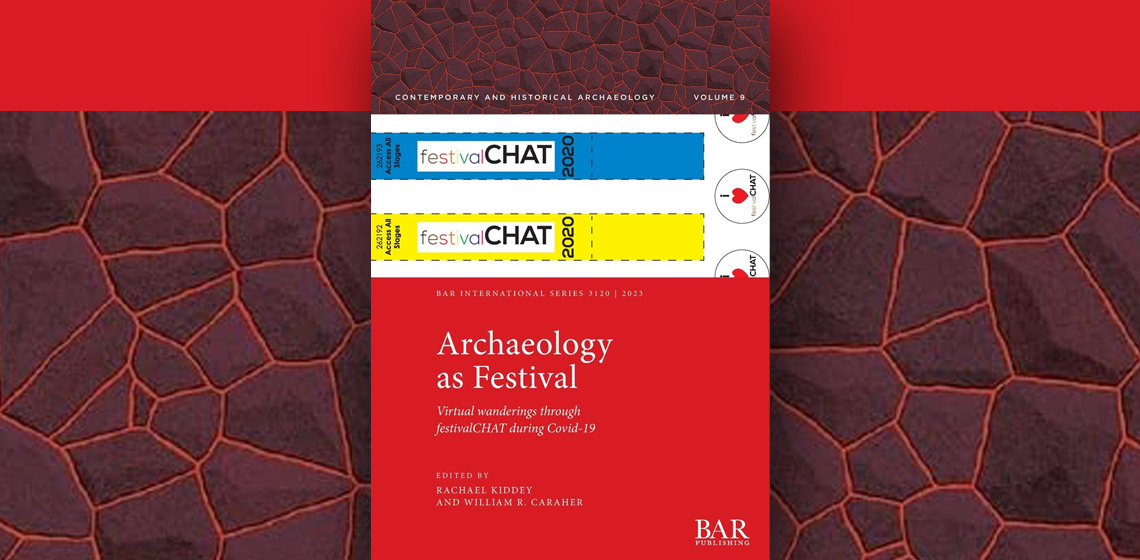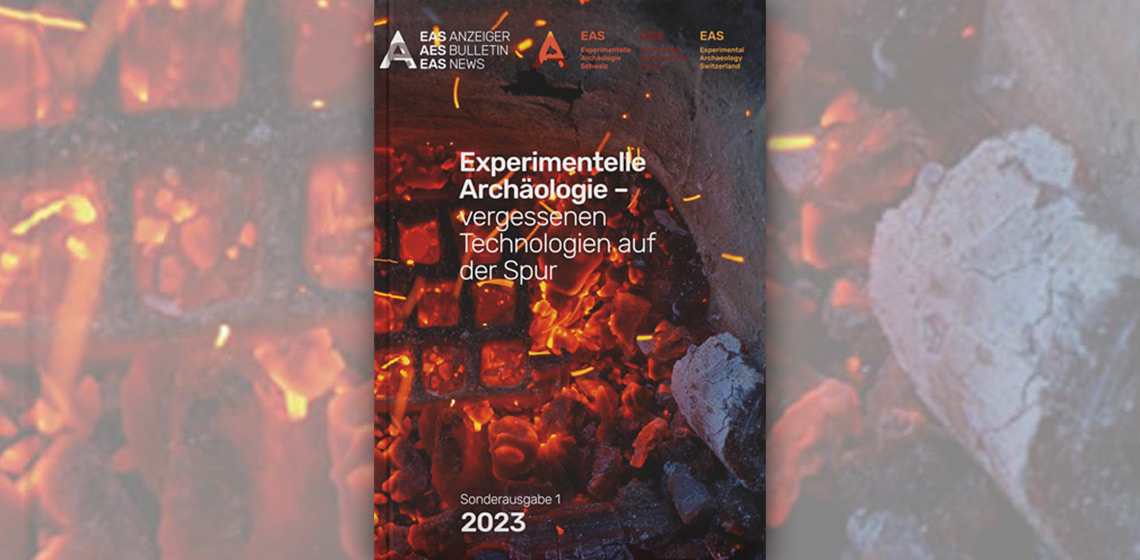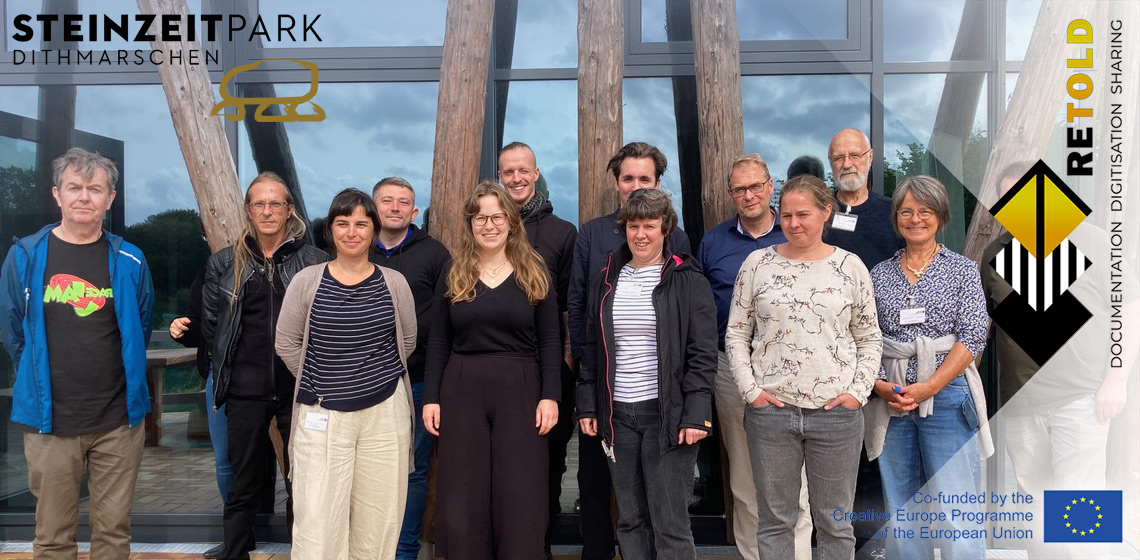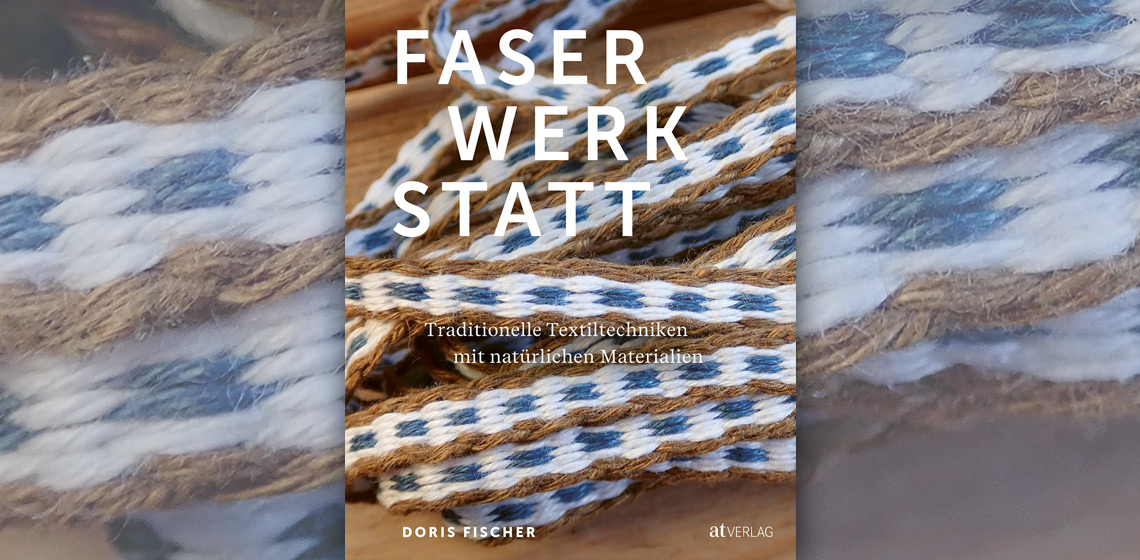Conference Review: ACTION! Museums in the Climate Crisis, NEMO 2023
Publication Date
The NEMO European Museum Conference 2023: and… ACTION! Museums in the climate crisis took place in Lahti, Finland from 19-21 November. Almost 300 museum professionals from all over Europe took part, listening, discussing, and being inspired by a variety of formats and speakers. EXARC's Vice-Chair, Dr Julia Heeb from Stadtmuseum Berlin, was present...

